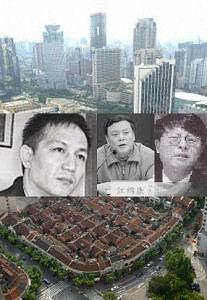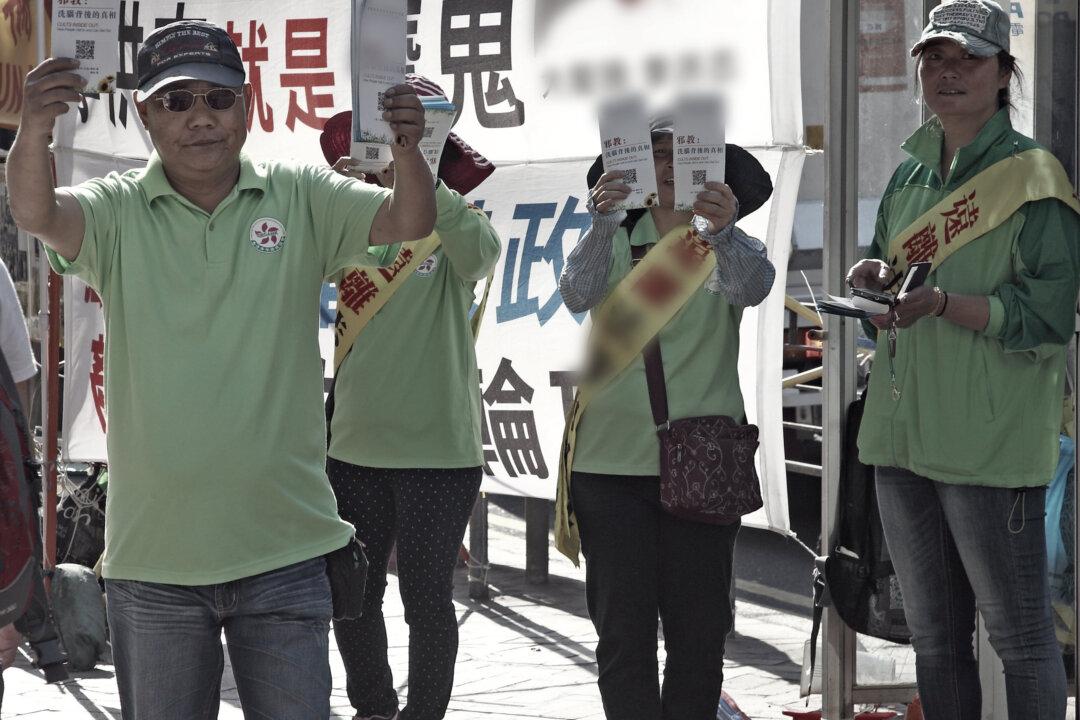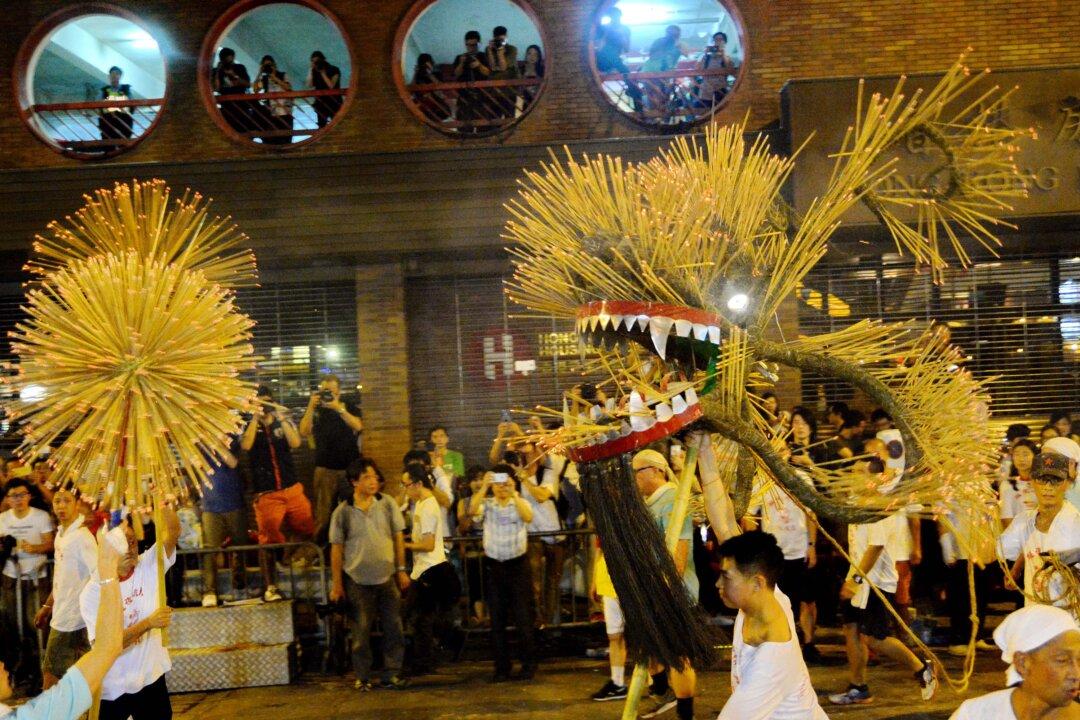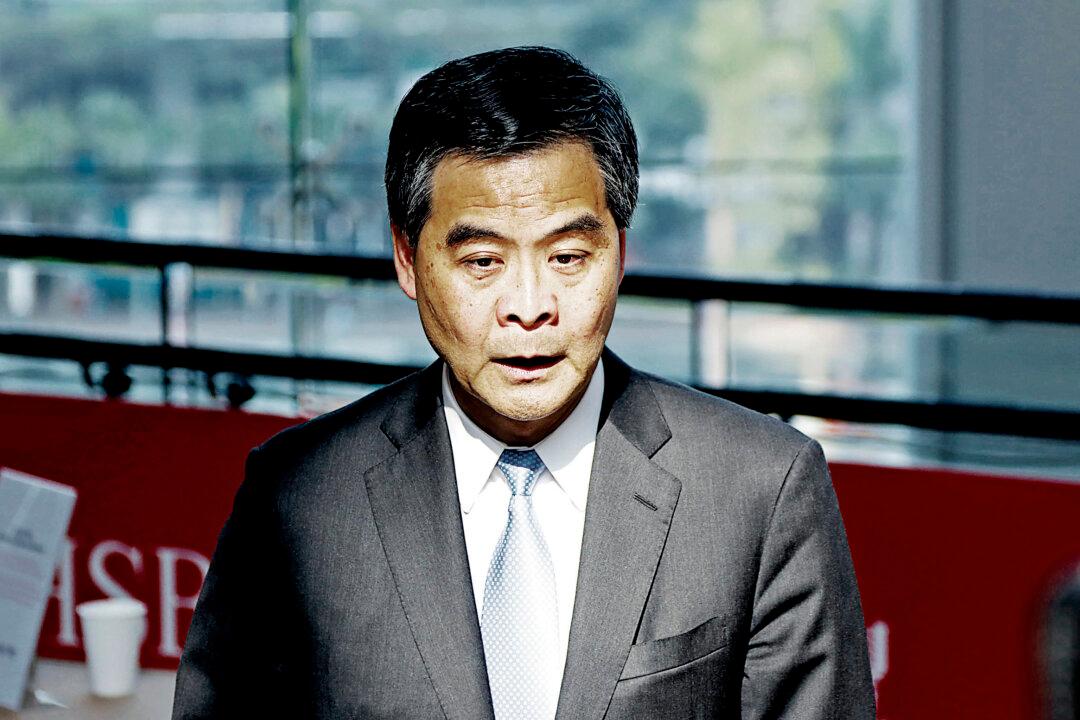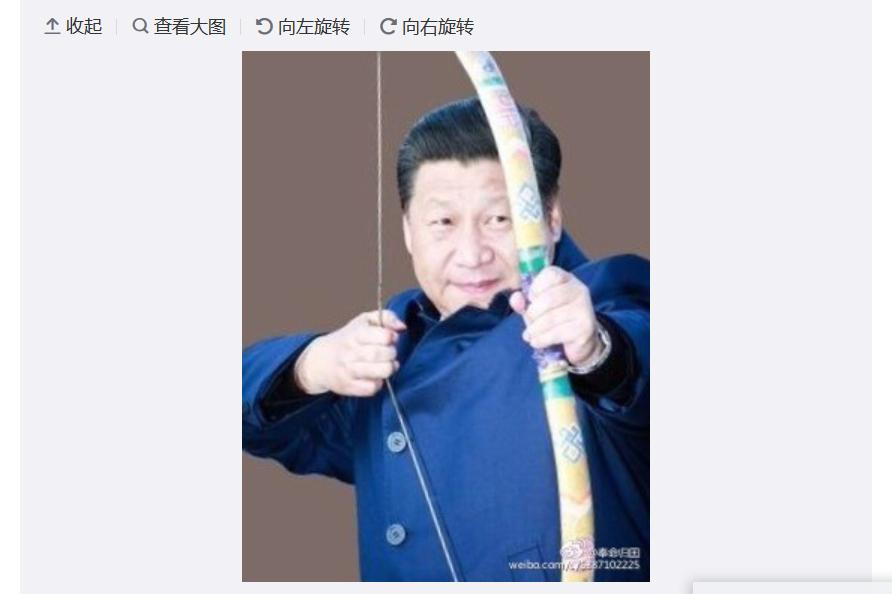HONG KONG—On November 30, 2007, the richest man in Shanghai, Zhou Zhengyi, was sentenced to 16 years in prison. Zhou appealed on December 10 and claimed he wanted revenge according to a newspaper report. After the verdict, his sister stated he was a scapegoat.
Several media in Hong Kong revealed former Chinese leader Jiang Zemin’s oldest son, Jiang Mianheng, was involved in Zhou’s case. Human rights lawyer Zheng Enchong who’s been keeping a close eye on the case said in fact Jiang Zemin’s second son, Jiang Miankang, was also involved. According to Zheng, among the eight parcels of land that Zhou allegedly embezzled, two of them belong to Jiang’s two sons. Zhou was in fact the two brothers’ front man and they worked closely with one another.
On the days of Zhou’s trial (October 23) and judgment (November 30), the Hong Kong based Information Center for Human Rights & Democracy (ICHRD) released two news reports about Jiang Mianheng’s involvement in Zhou’s case. According to the Information Center, on May 26, 2003, the first time Zhou was arrested, the last person Zhou met with was Jiang Mianheng.
Later the Information Center released news that Jiang Mianheng and Zhou illegally borrowed 500 million yuan (US$68 million) from the Shanghai Agricultural Village Credit Union (currently Shanghai Agricultural Village Commercial Bank). The Shanghai municipal government ended up having to pay off the bad loan. Shanghai Union Investment Ltd., owned by Jiang Mianheng borrowed 240 million yuan of the bad loan.
Reports Are Consistent With Leaked Documents
Attorney Zheng Enchong said he believed the information releases by ICHRD were correct, “I saw what happened with my own eyes and what the Center said corresponds with a lot of what happened.” According to Zheng, after he was released from jail on June 5, he received more than 20 credible documents from residents in Shanghai including at least three retired high level officials and officials from the Shanghai Municipal General Office. These documents reported Jiang Zemin’s two sons were involved in Zhou’s case.
Zheng said Jiang Zemin’s political influence helped Zhou buy the eight parcels of land in Zhou’s name. Zhou only owns two of them. Jiang Mianheng owns one in the name of Shanghai Union Investment, Ltd. Jiang Miankang (Jiang Zemin’s second son) owns one in the name of the Shanghai Municipal Construction Committee. The rest of them belong to former Shanghai Party Chief Chen Liangjun, richest man in Hong Kong Li Jiacheng, and the Jing'an District Government.
“The Jiang family and Zhou work together as a criminal group. The Jiang family can’t borrow money in the name of government officials, they must make up titles. Zhou can borrow however much he wants in his name (being the richest man in Shanghai). Zhou is the real victim, a rubber stamp for Jiang’s political gangs to borrow money in Hong Kong,” said Zheng.”
According to the Information Center, Zhou and Jiang Mianheng are in debt. The 500 million yuan they borrowed illegally from the Shanghai Agricultural Village Credit Union became a bad loan and the Shanghai municipal government had to pay for it. Out of the 500 million yuan, 320 million yuan was for Zhou to remodel a non-performing real estate project and 180 million yuan was for Chen Liangyu to build two highways in Shanghai.
Based on a report from Qianshao Magazine, Zhou has borrowed at least 1 billion yuan (approximately US$135 million) from the banks- over 300 million from Bank of China, over 200 million from China Construction Bank, over 300 million from Industrial Bank Co. Ltd., and more from Bank of Communications, Agriculture Bank of China, and Industrial & Commercial Bank of China.
Central Government Stepped in
Zheng said, “Based on information I have, Zhou and Jiang had borrowed money from June to August 2003. On September 5, 2003, the central government commented on a report from the Bank of China ‘find out the details of how money was loaned to Zhou Zhengyi.’ After September, no more money was loaned to them.”
In 2004, Hu Jintao personally assigned the vice president of the Bank of China to go to Shanghai and strictly control loans made in Shanghai. This resulted in Chen Liangyu, at a Politburo meeting in July 2004, condemning Premier Wen Jiabao’s policy of using a macro economy regulation to weaken the economy in Shanghai.
